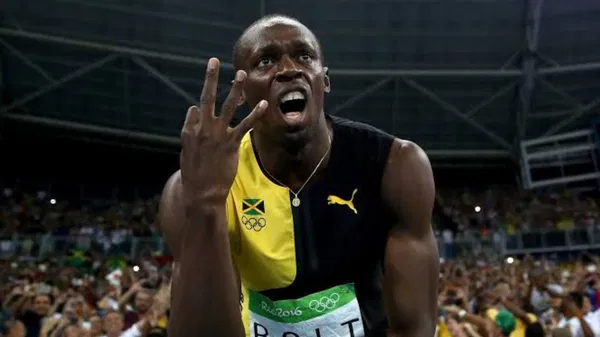
Usain Bolt, one of the greatest sprinters in history, has been a staunch advocate for clean sports throughout his illustrious career. Competing during an era marred by doping controversies in track and field, Bolt consistently emphasized his commitment to fair play, even as some of his colleagues faced allegations. Notable incidents include Justin Gatlin’s suspension in 2006 for using testosterone and the infamous Nesta Carter case, which led to Bolt losing a cherished Olympic gold medal.
In the 2008 Beijing Olympics, Bolt, along with his teammates, won the 4x100m relay, only to have the victory tarnished years later. In 2016, the International Olympic Committee (IOC) disqualified the team after a reanalysis of Nesta Carter’s sample tested positive for a banned substance. Despite this setback, Bolt’s clean record remained intact, reinforcing his status as a symbol of integrity in athletics.

Throughout his career, Bolt faced moments where he could have taken the wrong path. In his autobiography, Faster Than Lightning, he shared a candid reflection on a moment during his youth when he experimented with marijuana. Growing up in the Jamaican countryside, where such behavior was common, he tried it once but immediately regretted the decision. In another instance, he described disliking a brief encounter with smoking during a football outing. These experiences shaped his resolve to avoid such choices moving forward.
Bolt’s rise to fame began with a stellar performance at the Kingston IAAF World Championships in 2002, where he claimed gold in the 200m and silver in the 4x100m relay. The victory catapulted him into the spotlight, earning him widespread recognition and a new status as a local celebrity. While he enjoyed the attention, he remained focused on his goals, determined not to let distractions derail his career.
As a dominant figure in athletics, Bolt used his platform to advocate for stricter measures against doping. In his final major competition, the 2017 World Athletics Championships, he delivered a powerful message. During a press conference, Bolt called for lifetime bans for athletes caught using performance-enhancing substances, arguing that such penalties were necessary to preserve the integrity of sports. Reflecting on his own career, he stated, “I’ve proven to the world you can do it. You can be great without doping.” His unwavering stance resonated with fans and fellow athletes, solidifying his legacy as a role model and an advocate for clean competition.
Bolt’s commitment to fair play and his ability to excel without resorting to banned substances serve as an enduring example for future generations. His legacy extends beyond his record-breaking achievements, as he continues to inspire athletes worldwide to prioritize integrity and hard work.